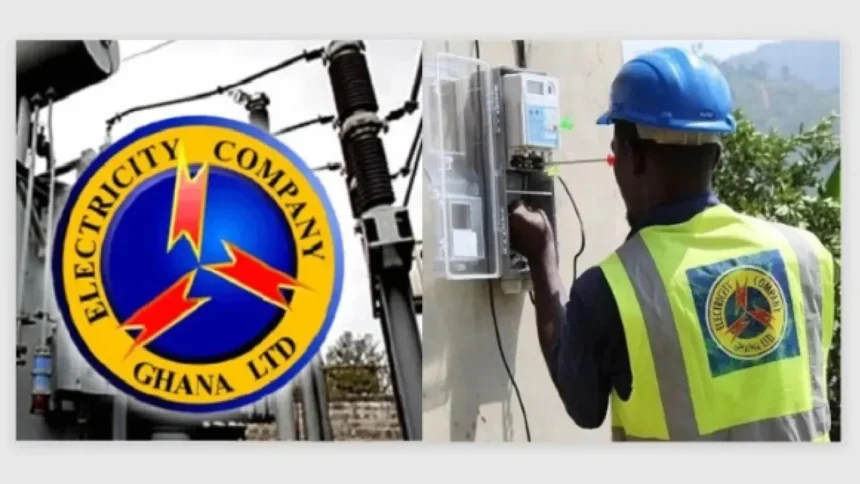Two utility providers, the Electricity Company of Ghana (ECG) and Ghana Water Limited (GWL) have attributed their proposed utility tariff increases of over 200% outlined in the 2025–2030 Multi-Year Tariff Order to the escalating operational costs caused by illegal mining, popularly known as galamsey.
According to GWL, illegal mining has severely polluted water sources, significantly increasing the cost of water treatment and straining the company’s financial resources. “The level of contamination from galamsey has made water treatment far more complex and expensive,” the company stated.
Similarly, ECG reported that illegal mining is damaging critical parts of its power distribution infrastructure, particularly those located in forest reserves. These activities have led to frequent power outages and higher maintenance costs.
Speaking at a public hearing in the Ashanti Region, ECG’s Director of Communications, William Boateng, highlighted the dangers posed by galamsey to power lines. “They’re digging near roads and trenches. Even a slight rainfall can cause poles to collapse due to weakened bases. This destabilizes the entire power supply system,” he said.
He added that such damage often leads to chain reactions where multiple poles fall at once, resulting in costly repairs. “It’s not just about fixing the infrastructure. We also lose unserved energy power we’ve already paid for but can’t deliver to consumers,” Mr. Boateng explained.
Both ECG and GWL stressed that addressing the environmental destruction caused by illegal mining is critical to maintaining reliable and affordable utility services in Ghana.




